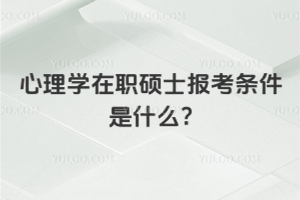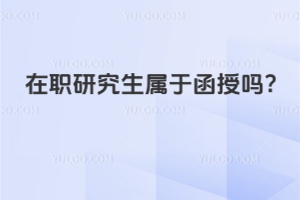- 微信公眾號

政策解讀
- 微信小程序

快速擇校

政策解讀

快速擇校
Unit Two
Passage 1
Exchange a glance with someone, then look away. Do you realize that you have made a statement? Hold the glance for a second longer, and you have made a different statement. Hold it for 3 seconds, and the meaning has changed again. For every social situation, there is a permissible time that you can hold a person’s gaze without being intimate, rude, or aggressive. If you are on an elevator, what gaze-time are you permitted? To answer this question, consider what you typically do. You very likely give other passengers a quick glance to size them up (打量) and to assure them that you mean no threat. Since being close to another person signals the possibility of interaction. You need to emit a signal telling others you want to be left alone. So you cut off eye contact, what sociologist Erving Goffman (1963) calls "a dimming of the lights." You look down at the floor, at the indicator lights, anywhere but into another passenger's eyes. Should you break the rule against staring at a stranger on an elevator, you will make the other person exceedingly uncomfortable, and you are likely to feel a bit strange yourself.
If you hold eye contact for more than 3 seconds, what are you telling another person? Much depends on the person and the situation. For instance, a man and a woman communicate interest in this manner. They typically gaze at each other for about 3 seconds at a time, then drop their eyes down for 3 seconds, before letting their eyes meet again. But if one man gives another man a 3-second-plus stare, he signals, "I know you ", "I am interested in you," or "You look peculiar and I am curious about you." This type of stare often produces hostile feelings.
1. It can be inferred from the first paragraph that______.
A. every glance has its significance
B. staring at a person is an expression of interest
C. a gaze longer than 3 seconds is unacceptable
D. a glance conveys more meaning than words
2. If you want to be left a1one on an elevator, the best thing to do is______.
A. to look into another passenger's eyes
B. to avoid eye contact with other passengers
C. to signal you are not a threat to anyone
D. to keep a distance from other passengers
3. By "a dimming of the lights" (Para. 1, Line l0) Erving Goffman means "______".
A. closing one's eyes B. turning off the lights
C. ceasing to glance at others D. reducing gaze--time to the minimum
4. If one is looked at by a stranger for too long, he tends to feel______.
A. depressed B. uneasy C. curious D. amused
5. The passage main1y discusses _______.
A. the limitations of eye contact
B. the exchange of ideas through eye contact
C. proper behavior in situations
D. the role of eye contact in interpersonal communication
特別聲明:①凡本網(wǎng)注明稿件來源為"原創(chuàng)"的,轉(zhuǎn)載必須注明"稿件來源:育路網(wǎng)",違者將依法追究責(zé)任;
②部分稿件來源于網(wǎng)絡(luò),如有侵權(quán),請聯(lián)系我們溝通解決。

上海在職研究生積分落戶加分嗎?雙證非全日制研究生和認證后的中外合作辦學(xué)碩士積分100分,單證同等學(xué)力申碩學(xué)位積分30分。要加分,證書得官方可查、社保需三地一致、...

跨專業(yè)考生報考在職研究生時,如何高效選擇熱門專業(yè)與院校?本文深入解析當(dāng)前專業(yè)就業(yè)趨勢、頂尖院校實力對比,并提供跨專業(yè)申請專屬策略,包括選校技巧、備考規(guī)劃和職業(yè)發(fā)...

國際政治同等學(xué)力申碩考試時間目前,有多所院校招收國際政治在職研究生,學(xué)員可通過同等學(xué)力申碩的方式報考。同等學(xué)力申碩分為課

心里學(xué)在職碩士,也就是我們常說的心理學(xué)在職研究生,報考心理學(xué)在職碩士不僅要了解報考院校及方向,還需要了解相關(guān)報考條件

在職研究生是不屬于函授的。因為函授學(xué)習(xí)就是學(xué)校將教材發(fā)給學(xué)員,通過自己閱讀、電視講座、電腦等方式進行學(xué)習(xí),和老師的交流是用通信、電子郵件等方式進行的。

醫(yī)學(xué)在職研究生含金量高低直接影響醫(yī)療從業(yè)者的職業(yè)發(fā)展與薪資水平,本文深入解析其實際價值,包括就業(yè)前景、行業(yè)認可度及學(xué)習(xí)收獲。同時,詳細探討報考條件中的學(xué)歷門檻,...
評論0
“無需登錄,可直接評論...”